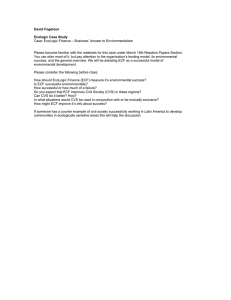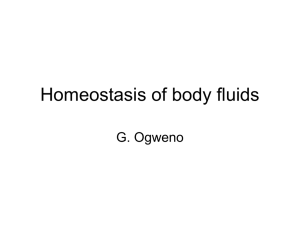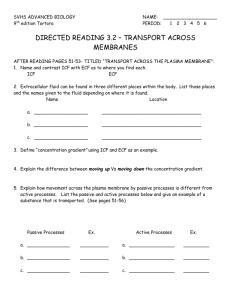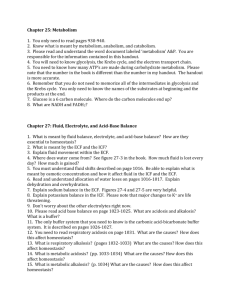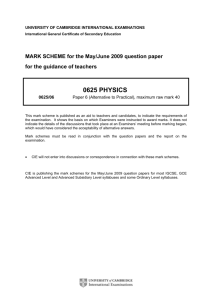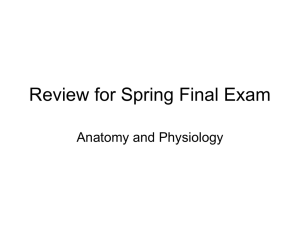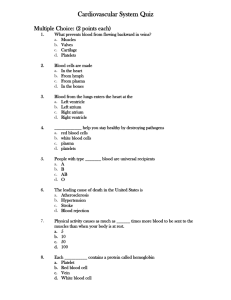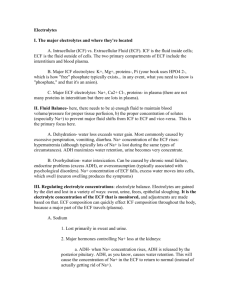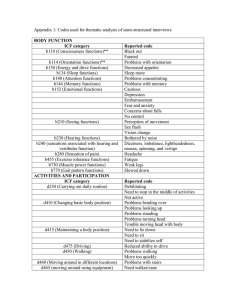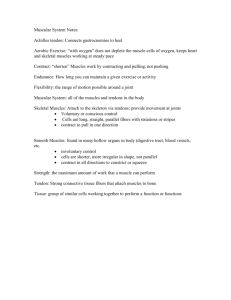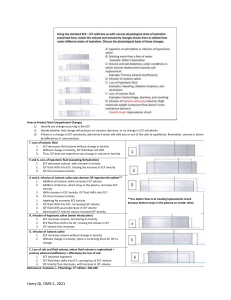File
advertisement
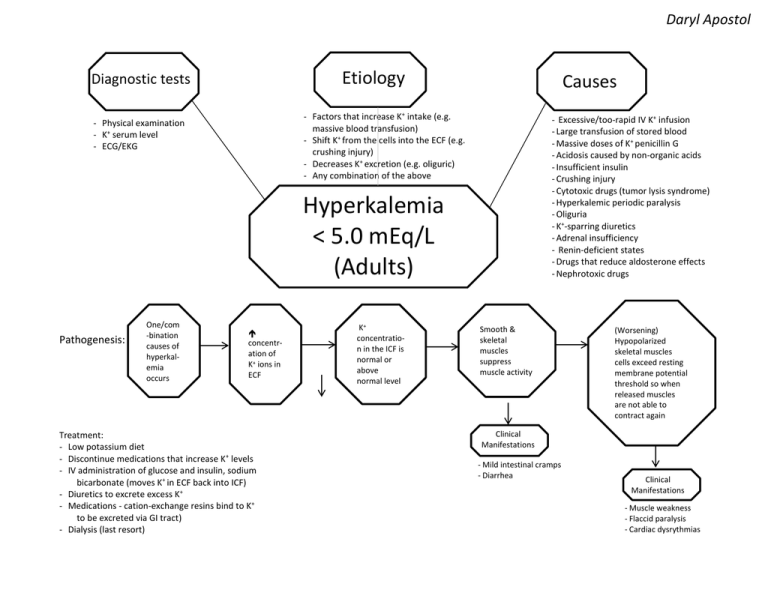
Daryl Apostol Etiology Diagnostic tests Causes - Factors that increase K+ intake (e.g. massive blood transfusion) - Shift K+ from the cells into the ECF (e.g. crushing injury) - Decreases K+ excretion (e.g. oliguric) - Any combination of the above - Physical examination - K+ serum level - ECG/EKG - Excessive/too-rapid IV K+ infusion - Large transfusion of stored blood - Massive doses of K+ penicillin G - Acidosis caused by non-organic acids - Insufficient insulin - Crushing injury - Cytotoxic drugs (tumor lysis syndrome) - Hyperkalemic periodic paralysis - Oliguria - K+-sparring diuretics - Adrenal insufficiency - Renin-deficient states - Drugs that reduce aldosterone effects - Nephrotoxic drugs Hyperkalemia < 5.0 mEq/L (Adults) Pathogenesis: One/com -bination causes of hyperkalemia occurs concentration of K+ ions in ECF Treatment: - Low potassium diet - Discontinue medications that increase K+ levels - IV administration of glucose and insulin, sodium bicarbonate (moves K+ in ECF back into ICF) - Diuretics to excrete excess K+ - Medications - cation-exchange resins bind to K+ to be excreted via GI tract) - Dialysis (last resort) K+ concentration in the ICF is normal or above normal level Smooth & skeletal muscles suppress muscle activity (Worsening) Hypopolarized skeletal muscles cells exceed resting membrane potential threshold so when released muscles are not able to contract again Clinical Manifestations - Mild intestinal cramps - Diarrhea Clinical Manifestations - Muscle weakness - Flaccid paralysis - Cardiac dysrythmias
